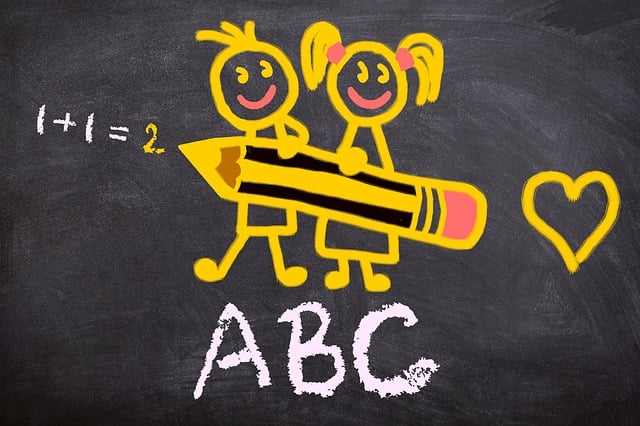Uncovering hidden patterns in Missouri's boarding schools' history, like Agape Boarding School, reveals systemic abuse masked by idealized facades. Survivor testimonies and declassified documents expose physical, emotional, and sexual abuse, emphasizing the need for transparency and oversight in educational institutions. Many survivors are seeking justice through legal action, documenting experiences and consulting specialized attorneys to hold institutions accountable and secure compensation.
In the heartland of America, Missouri’s boarding schools once promised education and care. However, beneath the surface lay a dark reality for many students, particularly those at Agape Boarding School. This article delves into the hidden patterns of abuse within such institutions, focusing on Agape as a case study. We hear from victims who share their harrowing stories, and explore the legal avenues that offer justice and closure. By shedding light on this hidden crisis, we aim to empower survivors and ensure accountability.
- Uncovering Hidden Patterns: A Close Look at Agape Boarding School
- Victims Speak Out: Sharing Their Stories of Abuse
- The Road to Justice: Legal Recourse for Survivors
Uncovering Hidden Patterns: A Close Look at Agape Boarding School

Uncovering hidden patterns in the history of Missouri’s boarding schools is a crucial step in understanding and addressing past abuses. Take, for instance, Agape Boarding School—a seemingly idyllic institution on the surface but with a dark underbelly revealed through meticulous research. This school, like many others, initially presented itself as a haven for students seeking quality education and personal growth. However, closer inspection reveals systemic issues and potential abuse that went unnoticed for far too long.
Through declassified documents, former student testimonies, and investigative reports, patterns emerge. Agape Boarding School’s apparent focus on discipline and order masked potential physical and emotional abuse. Students spoke of rigorous routines, excessive punishment, and a culture of fear that permeated the school’s walls. These discoveries underscore the importance of thorough oversight and transparency in educational institutions, especially those housing vulnerable youth.
Victims Speak Out: Sharing Their Stories of Abuse

Many survivors of abuse at Missouri boarding schools, such as Agape Boarding School, have finally found their voices and are sharing their stories publicly. These individuals, who endured unimaginable trauma during their time in these institutions, are bravely coming forward to shed light on the systemic issues and failures that allowed such mistreatment to occur. Their narratives reveal a culture of secrecy and abuse, where students were subjected to physical, emotional, and sexual assault by staff members and fellow peers.
Through sharing their personal experiences, these victims are not only seeking justice but also aiming to prevent future atrocities. By speaking out, they hope to raise awareness about the red flags and patterns of abuse that often go unnoticed, encouraging others to recognize and report similar instances. These stories serve as a powerful reminder of resilience and the importance of healing, offering hope for a brighter future where such abuses are prevented and addressed effectively.
The Road to Justice: Legal Recourse for Survivors

Many survivors of abuse at Missouri boarding schools, like Agape Boarding School, seek justice and accountability. Legal recourse offers a path to healing and ensuring that what happened is recognized and addressed. The first step for survivors is to document their experiences thoroughly—this includes seeking medical records, gathering testimonies from others who may have witnessed the abuse, and preserving any evidence relevant to the case.
Consulting with an experienced attorney specializing in boarding school abuse cases is crucial. These legal professionals understand the complexities involved and can guide survivors through the process of filing a lawsuit against the responsible parties. This may include the school itself, its staff members, or even individuals who contributed to creating or enabling a culture of abuse. Through litigation, survivors can demand compensation for their suffering, seek injunctive relief to prevent further harm, and contribute to holding institutions accountable for protecting students.
The investigation into allegations of abuse at Agape Boarding School highlights a critical need for transparency and accountability in educational institutions. By unearthing hidden patterns and giving voice to victims, we can ensure that such atrocities are not repeated. The legal recourse available to survivors is a crucial step towards justice and healing. This is a call to action for both educational bodies and the wider community to address past wrongs and create safer environments for all students.
